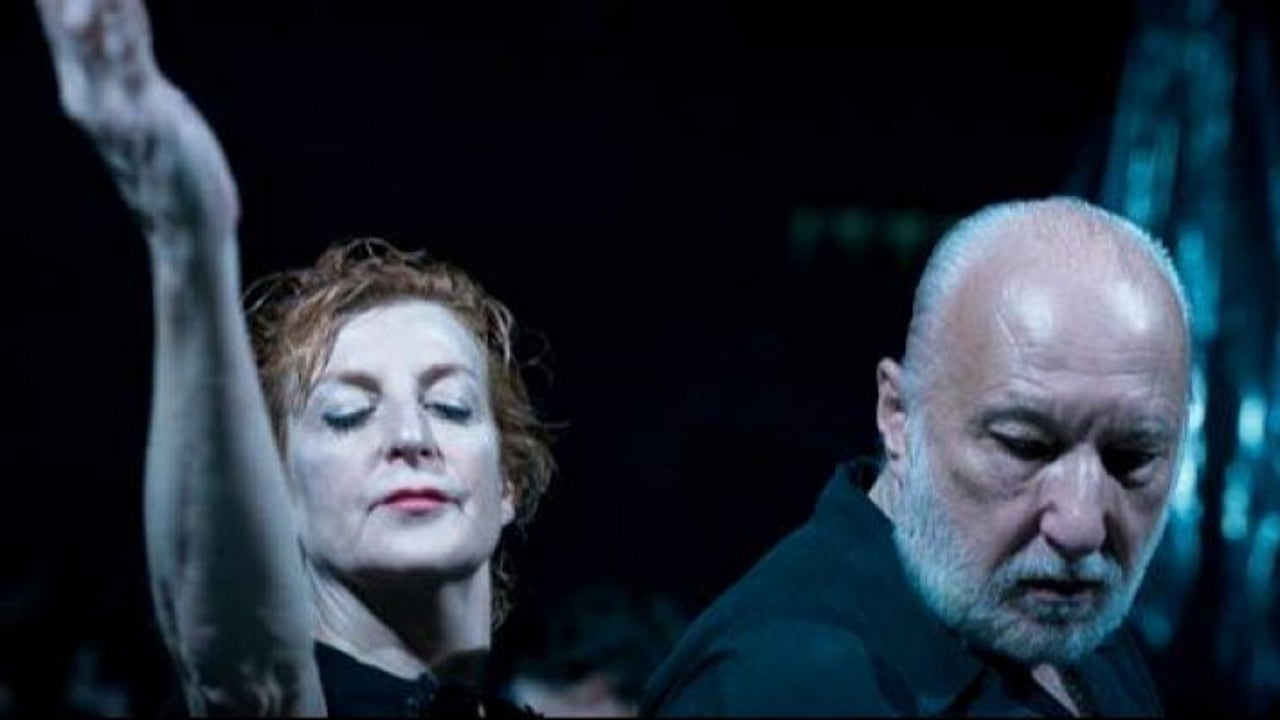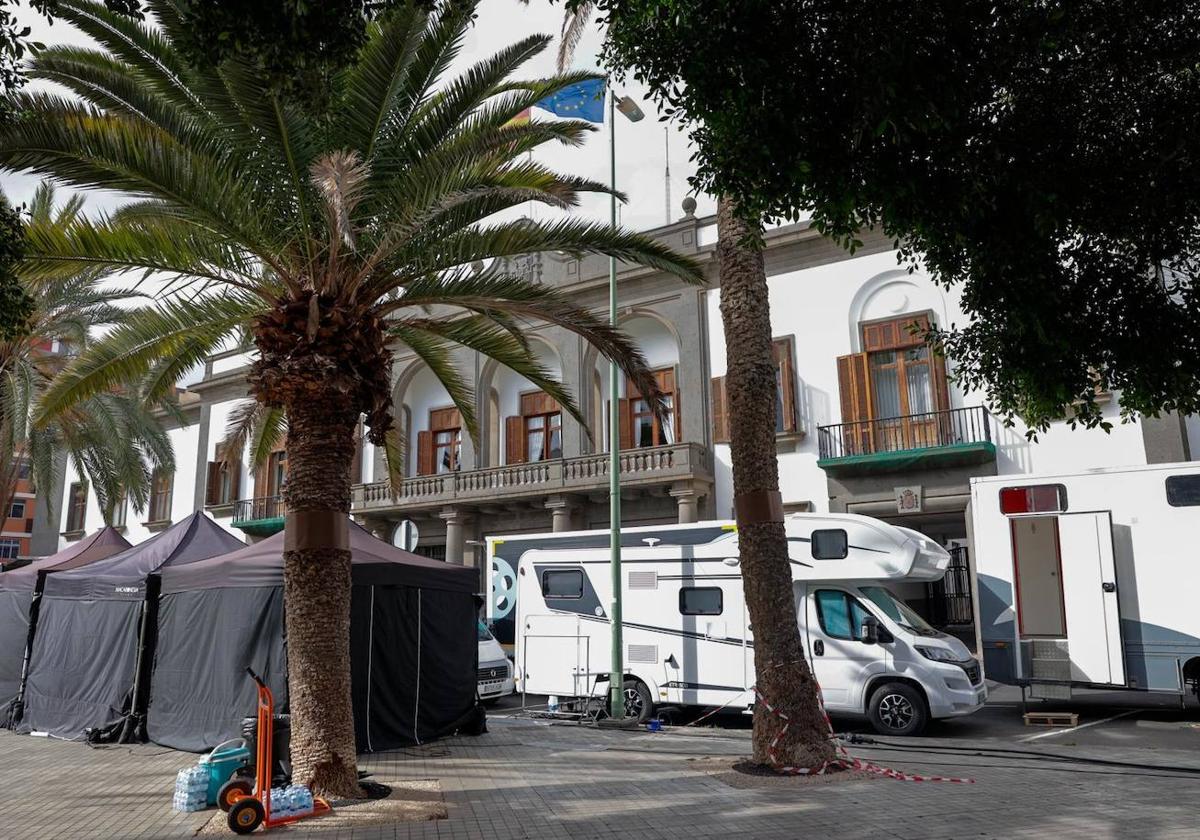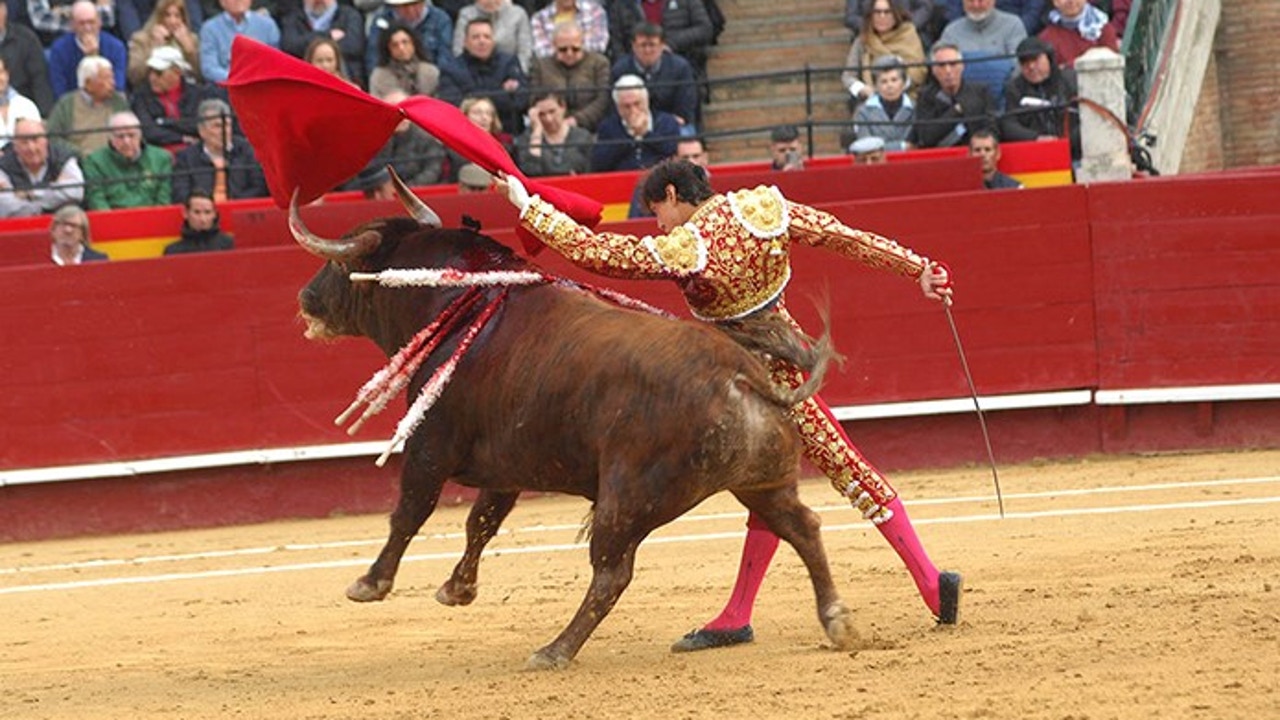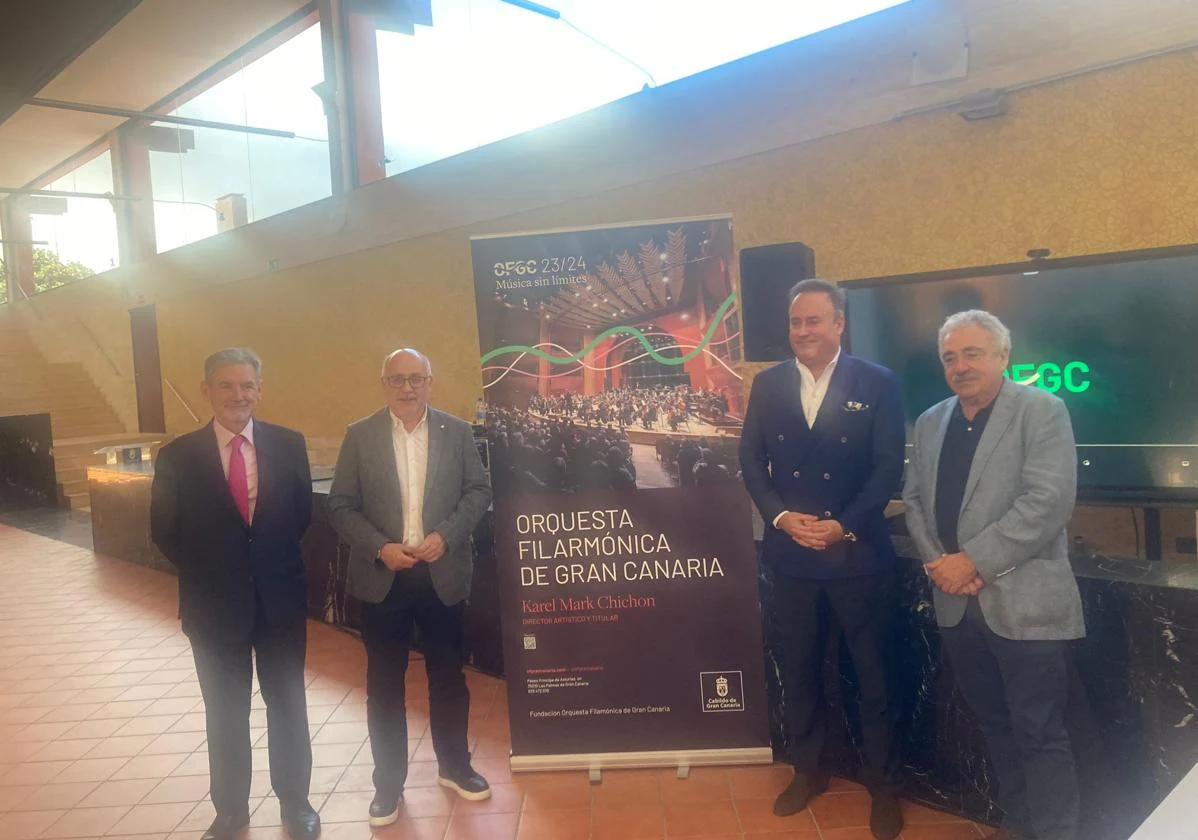The novel written on the mobile with the author locked in the bathroom of a party

Some of the moments we live for only last ten seconds. Moments encapsulated in a leap into the void: the smile of a loved one, an orgasm or the crossing of a finish line. For the son of the pharmacist, one of the protagonists of Facendera, life goes by in ten seconds every Sunday: it is the time it takes for the speakers in his car to reach maximum volume, it is the time it takes for the jury to measure the level of decibels to declare him the winner.
"How long can you last before bursting?", Meryem El Mehdati writes the anti-work novel
Know more
Facendera, the first novel by Óscar García Sierra ( León, 1994), published last May by Anagrama. García Sierra was already known in the Spanish literary scene for Houston, I am the problem (Espasa, 2016), a collection of poems that crystallized some of the themes he developed as part of the group The Romantic Dogs, a virtual space that for years served as a point meeting between authors from Spain and Latin America such as Luna Miguel, Martín Rangel, David Meza, María Yuste or Vicente Monroy, among many others.
“It is the book that I have written in the mobile notes while I was partying locked in the bathroom, and it is also the book that I have written based on tweets that I was ashamed to take out of the drafts folder,” García Sierra expressed in the Houston back cover, I'm the problem. Years later, part of Facendera is also based on cell phone notes written at parties, which in turn were born as drafts of poems, according to the author. “Yes, I consciously wanted to write a novel, but it is true that many parts come from discarded pieces of poems, little by little I fit them into the plot, perhaps some of them are a bit excessive,” laughs García Sierra, on the other side of the phone. .
Between the afters of Madrid and the Leon basin
In Facendera, the urban afters so present in Houston coexist with another setting closely known to the author: the Leonese mining basin, specifically a small town whose thermal power plant is close to being demolished. It is in this nameless town where the son of the pharmacist and the daughter of the feed man live a peculiar love story, or perhaps of deception, surrounded by family and friends with precarious jobs and stomach pain from the consumption of anxiolytics, represented in the narration as brick boats scattered around the open spaces of the town. García Sierra introduces us to the pharmacist's son and the feedstuff's daughter through another narrative framework, the story of a student sitting on the floor of an apartment in Madrid, navigating an endless party.
"I couldn't set the novel in a coastal place in Andalusia, it's not that I wanted to claim it, it's the reality I know, but I did want to show it, I wanted to give a presence to the mining towns of León in literature," says García Sierra. “I don't think I've read almost any novel set in that area, maybe one by Julio Llamazares, but in any case they talk more about Asturias”. The most explicit claim is in the inclusion of dialogues in Leonese in the mouth of one of the characters who, like himself, ends up moving to Madrid and trying not to forget the language of his grandparents, although to do so he must take an online course.
"I am interested in the language and more so in Leonese, which is in a very critical state," continues García Sierra. Precisely, the Leonese gives meaning to the title of the novel, materialized when one of the characters mentions the Facendera pola Llingua and proceeds to explain the meaning of the term facendera, a typical community work of León to which the whole town had to attend. In 2014, the year in which part of the plot takes place, that town where the inhabitants used to work together is "submerged by an artificial silence like that of a bar as soon as it opens, a silence that is only broken when someone lowers a blind, like if the owner of the house in question were trying to make it dark by force”.
By dealing with the depopulation, oblivion and deindustrialization of certain areas of our country, Facendera can join the line of authors such as the Asturian Xaime Martínez, who in La fuercia or les 4 epifaníes de Martín Feito (Hoja de Lata, 2021) also presents a thermal power plant close to demolition, or María Sánchez from Córdoba, who has spent years vindicating the rural environment and those who integrate it in works such as the poetry book Field Notebook (La Bella Warsaw, 2017) or the essay Tierra de mujeres (Seix Barral, 2019). “With the latest corrections I remember reading authors like Esther García Llovet, but for me in terms of style there are also authors like Luis Magrinyà or César Aira”, says García Sierra, when asked about his literary references.
The plot of Facendera, like many of García Sierra's poems, cannot be separated from the current socioeconomic context either: precariousness, drugs and generalized anxiety not only surround those who stay in towns without a name, like the one in the novel, but also They go through several generations that, despite leaving their places of origin in search of a better future, end up returning with the same uncertainty or barely surviving in big cities. “Look where are those who left the town when they finished school. Eating bricks, just like me”, says one of the characters.
“I spent two years having a great time with the novel”, concludes García Sierra, who believes that a book cannot be written specifically thinking of publishing, because “that comes later”; he still does not know what will come in the future. Precisely, one of the most beautiful details of the work, together with the verses hidden between its pages and the metafictional game, is the dedication and the allusion to the person who decided to publish the author for the first time, the editor of Espasa Belén Bermejo, died of cancer in 2020. Belén's last tweet is paraphrased in the mouth of one of Facendera's characters: "They said that at six in the afternoon it was going to rain, but in the end there was no storm."











